Collections at CHM
Learn about the scope of our work and all of the artifacts and resources the Museum has to offer!
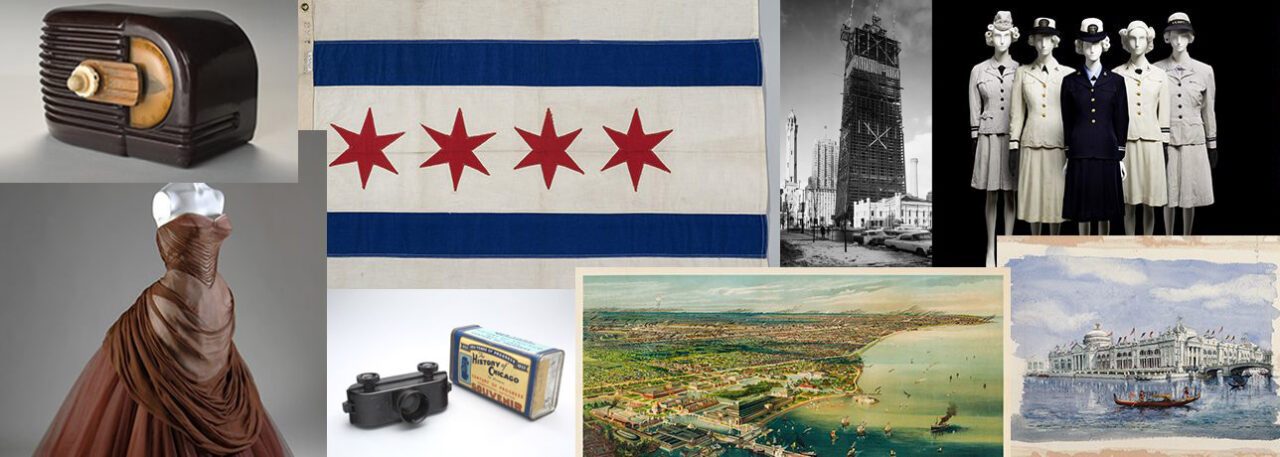
The Museum’s collection of more than 23 million objects, images, and documents records the evolution of Chicago. The collection reflects our commitment to share Chicago stories by serving as a hub of scholarship and learning, inspiration, and civic engagement.
How to Access the Collections
CHM welcomes scholars, students, genealogists, filmmakers, journalists, and the general public to our Abakanowicz Research Center to access the Research Collection, which consists of primarily 2D materials, such as prints and photographs, archives and manuscripts, architectural drawings and records, books, and other published materials.
The Museum Collection, which consists of primarily 3D materials such as, architectural fragments and models, costumes, textiles, paintings, sculpture, decorative arts, and other artifacts and works of art, is also available to researchers on a more limited basis due to specialized storage and handling requirements.
Researching Online
Researching in Person
Online Research Resources
- ARCHIE Online Catalog: For information on the Museum’s holdings that are served through the Abakanowicz Research Center, such as manuscripts, books and periodicals, and photographic materials. Please note that while this resource is extensive, it is not exhaustive. For assistance researching materials that are not yet available in the online catalog, we recommend contacting the Abakanowicz Research Center for additional guidance.
- CHM Images: The Museum’s most comprehensive visual resource. Search and browse more than 330,000 images from CHM’s collection, including the Chicago Sun-Times collection. Highlights include:
- The Chicago Sun-Times photography collection spanning 75+ years of Chicago history. As of April 2023, you can access approximately 175,000 of the 5+ million images the Museum acquired in 2018. To access the remainder of the digital portion of this collection visit Sun-Times collection research guide. An additional 2.4 million physical negatives will be available to view in person, by appointment and advance request, at the Abakanowicz Research Center
- Other significant photograph collections including Chicago Daily News, Hedrich-Blessing, Raeburn Flerlage, and Vivian Maier
- Objects from the Museum collections, including Art Deco and modern-style furniture, world-famous designer garments, souvenirs from Chicago’s two world’s fairs, and burnt objects from the 1871 Great Chicago Fire
- Paintings and drawings, including fashion sketches by Antonio Lopez, portraits of early Chicagoans, and courtroom sketches by Franklin McMahon
- The public can also license and download high-resolution images for publications, documentaries, home/office décor, websites, social media, and other uses.
- Collections Online Portal (CARLI): Access images and information on some of the Museum’s most significant and frequently requested collection materials—plus a growing number of sound recordings. Note that the vast majority of the collection is not yet online, and new resources are added to the portal on an ongoing basis.
- Costume and Textiles Collection Images: Highlights from the Museum’s collection of more than 50,000 costume and textile artifacts, one of the nation’s premier clothing and fashion collections particularly strong in materials from the late 19th century to the present.
- LibGuides: A guide to the Abakanowicz Research Center at the Chicago History Museum, including hours, access, policies, collection guides, and subject guides to help you get started on your research.
More Online Resources
Donating to the Collection
Due to the volume of offers the Chicago History Museum receives, we cannot accept donated objects, images, or documents unless you first submit a completed donation form for review. Learn more about donating to the CHM Collection here.
What's in the Collection
View Selections from the Collection

Architectural Drawings
From skyscrapers to bungalows, the Museum houses an extensive collection of architectural drawings, as well as architecture-related documents, photographs, models, and building fragments that reflect metropolitan Chicago’s built environment and the creative output of Chicago’s premier and lesser-known architectural firms.
Learn More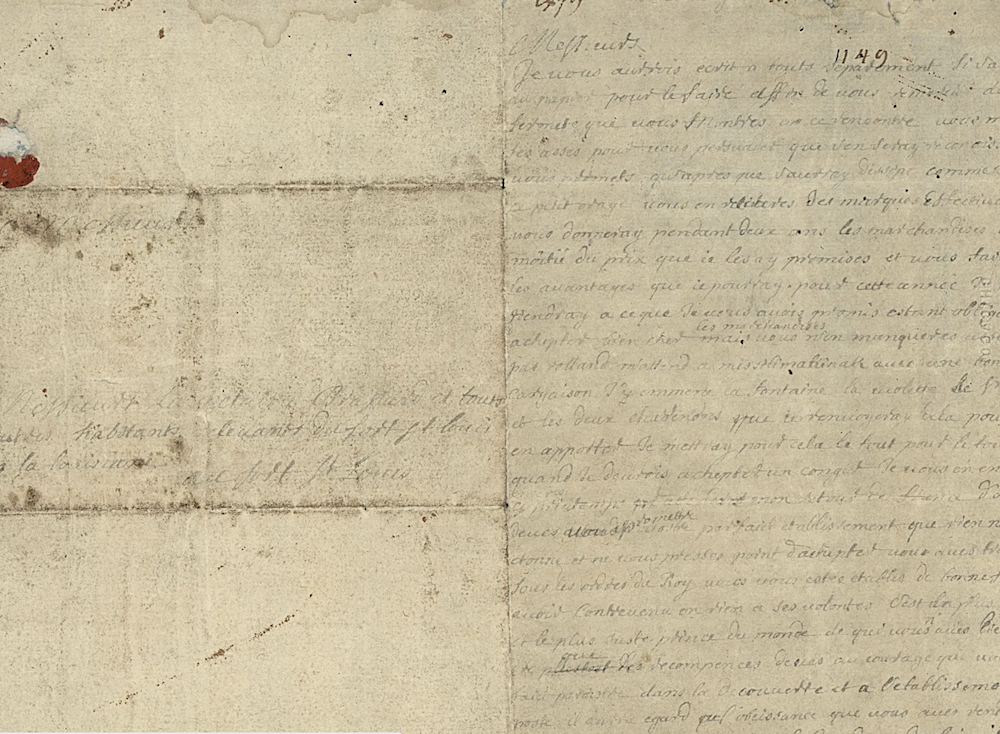
Archives and Manuscripts
The Chicago History Museum’s Archive and Manuscript holdings document significant aspects of life in the city, suburbs, region, and state from 1683 to the present.
Learn More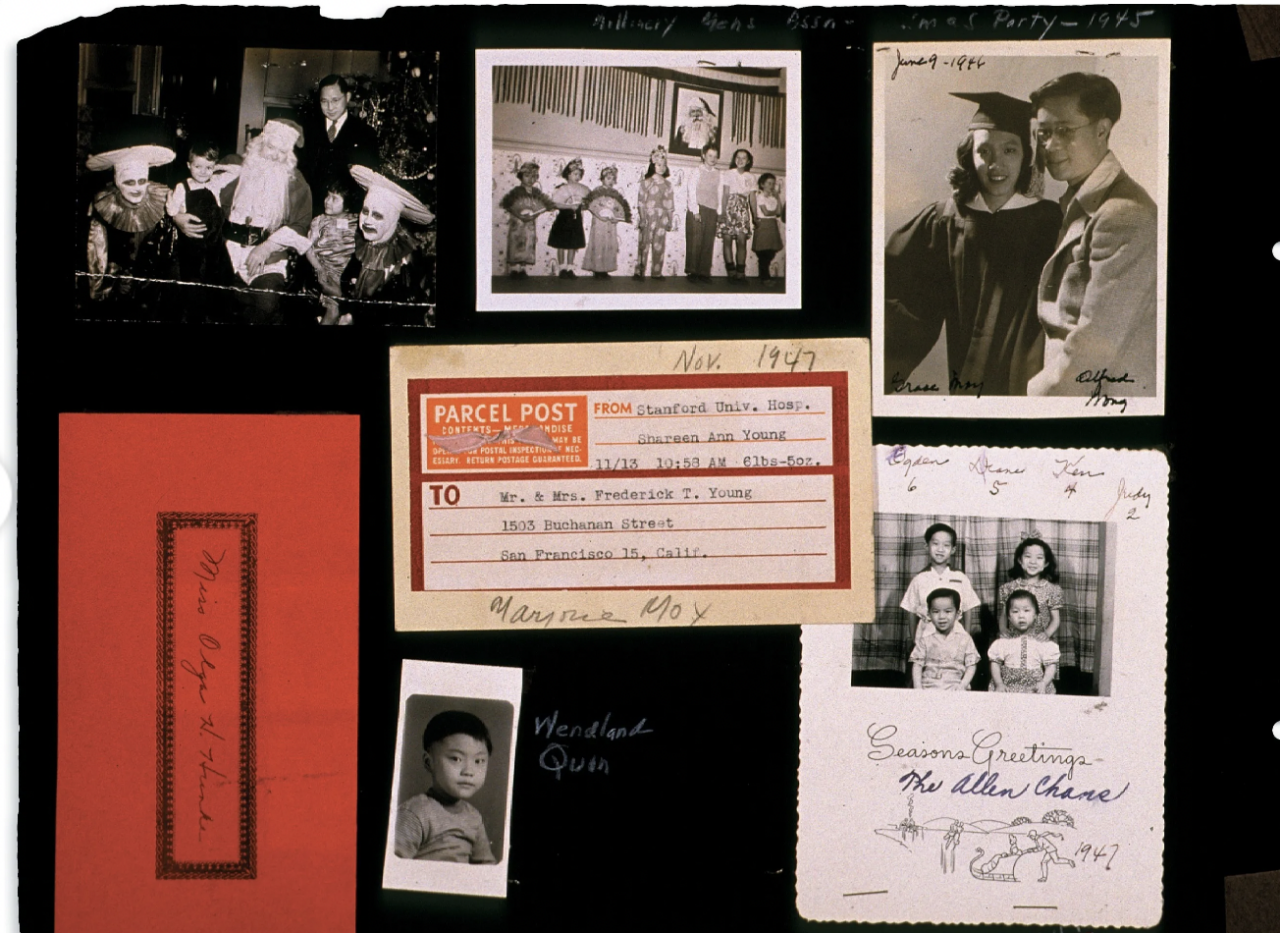
Books and Publications
The Chicago History Museum’s holdings of books and other published materials include both primary and secondary sources that document the city of Chicago, its people, its culture, and its industry.
Learn more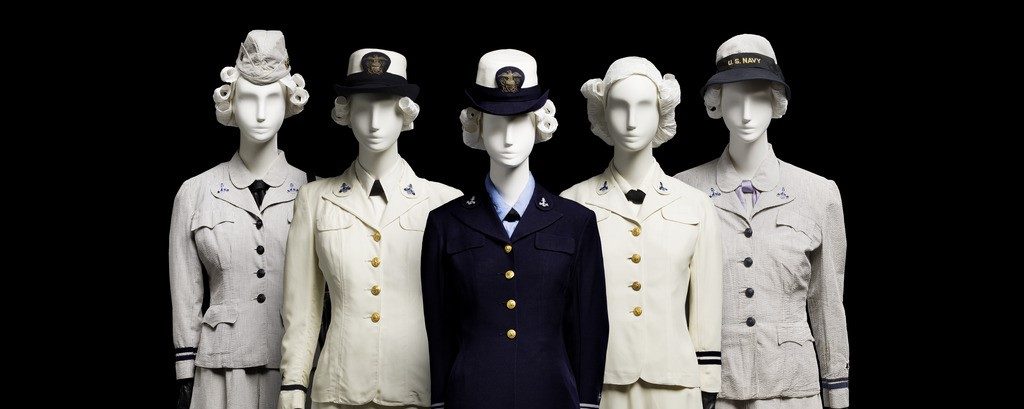
Costumes and Textiles
With more than 50,000 costumes and textiles dating from the eighteenth century to the present, the Museum’s world-renowned Costume and Textiles collection is noted for both its size and the quality of its holdings.
Learn more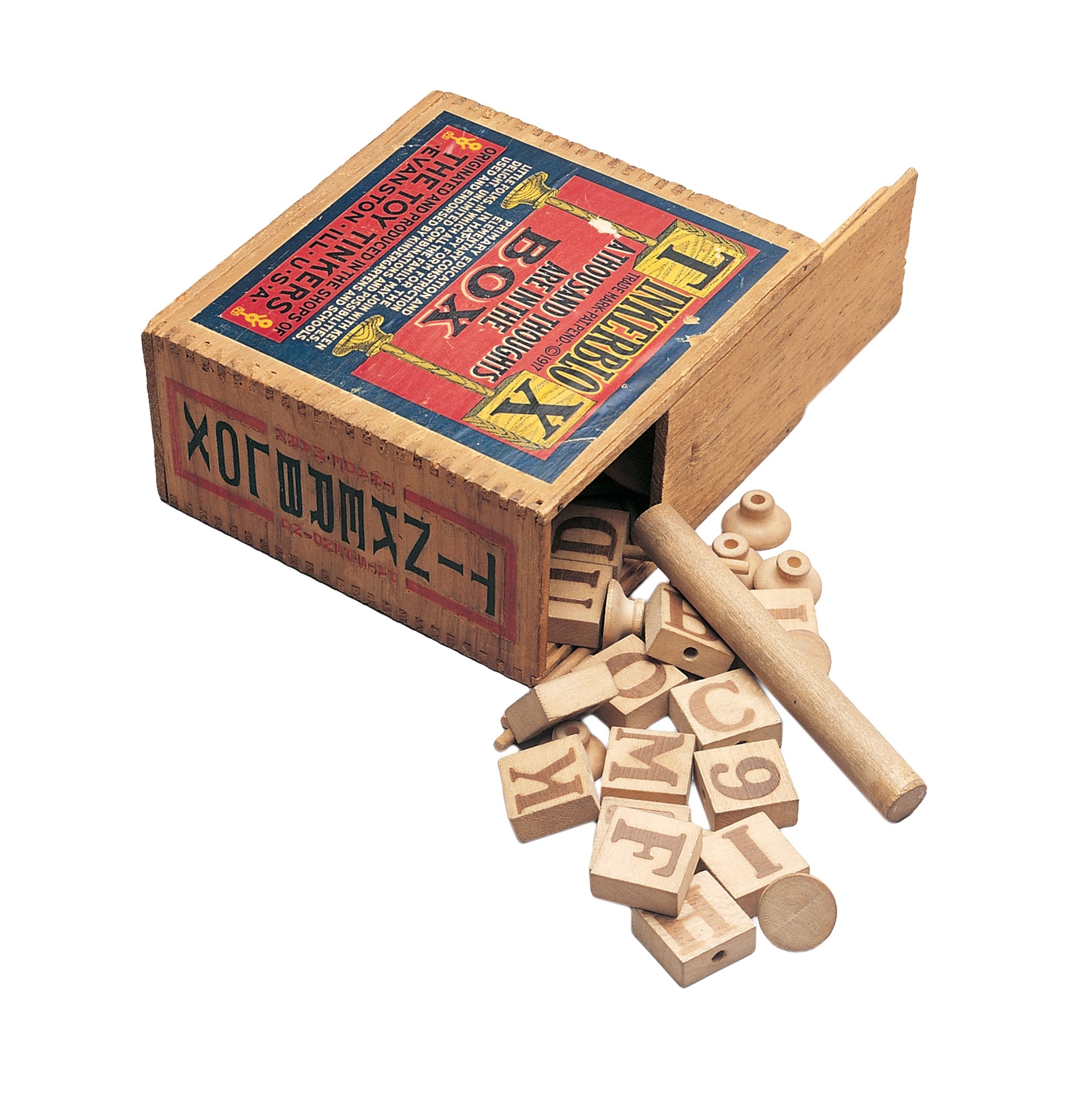
Decorative and Industrial Arts
The Museum’s outstanding collection of Decorative and Industrial Arts contains more than 40,000 objects related to Chicago and US history.
Learn more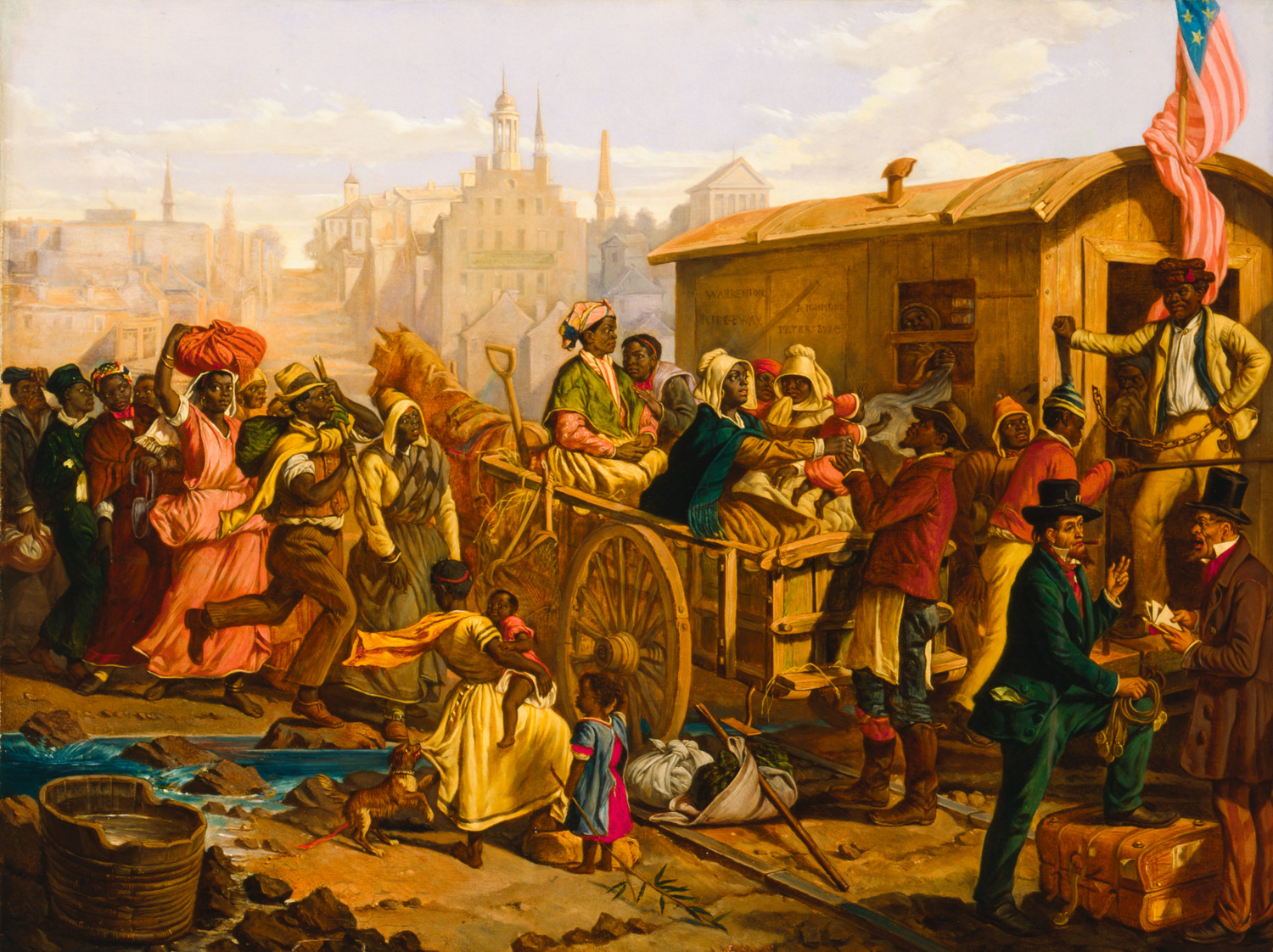
Paintings and Sculptures
The Museum’s Paintings and Sculpture holdings comprise approximately 3,400 paintings and works on paper and more than 500 sculptures.
Learn more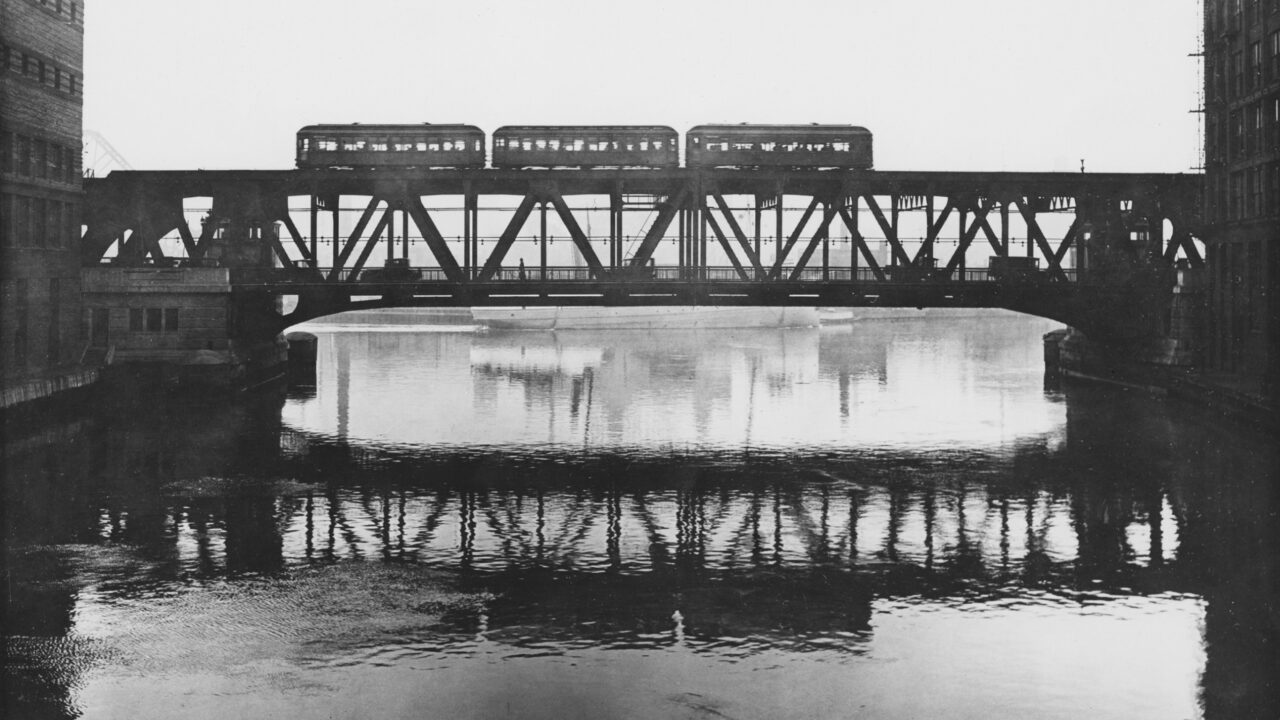
Prints and Photographs
The Museum’s collection contains more than 6.5 million images and include celebrated sports teams, everyday people and street scenes, classic architecture, historic events, fashion and style, and more.
Learn moreFrequently Asked Questions
How do I donate something to the collection?
What is the Abakanowicz Research Center?
What if I am unable to visit the Abakanowicz Research Center in person?
What kinds of things does the Museum collect?
Are there any items the Chicago History Museum doesn’t collect?
What is the Museum’s Collections Management Policy?
How do I see something from the Museum Collections?